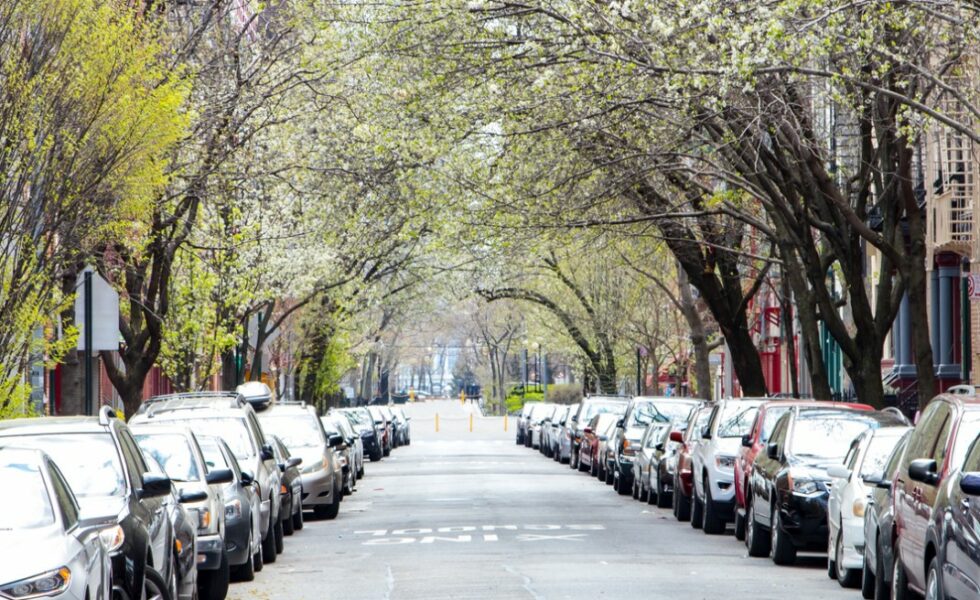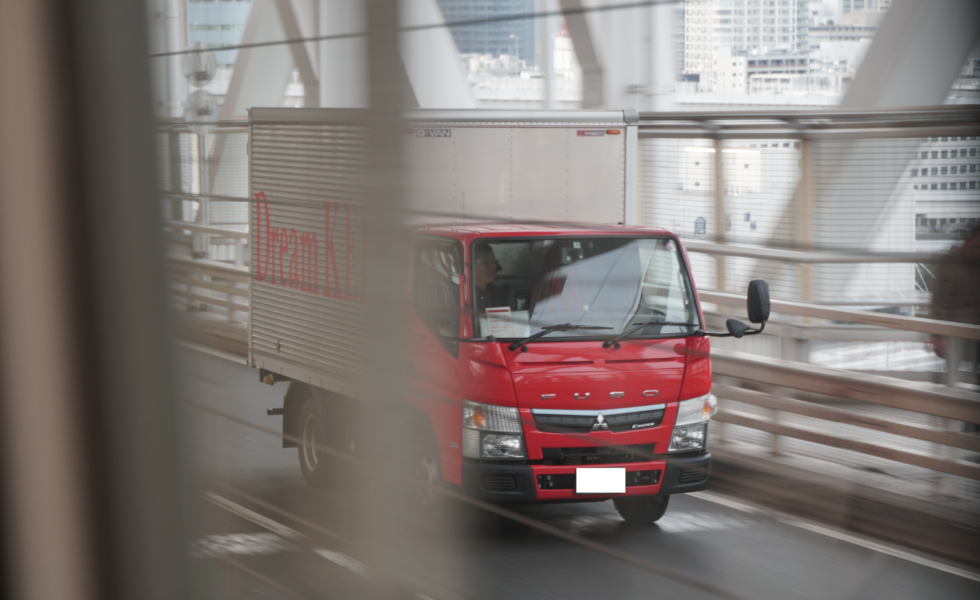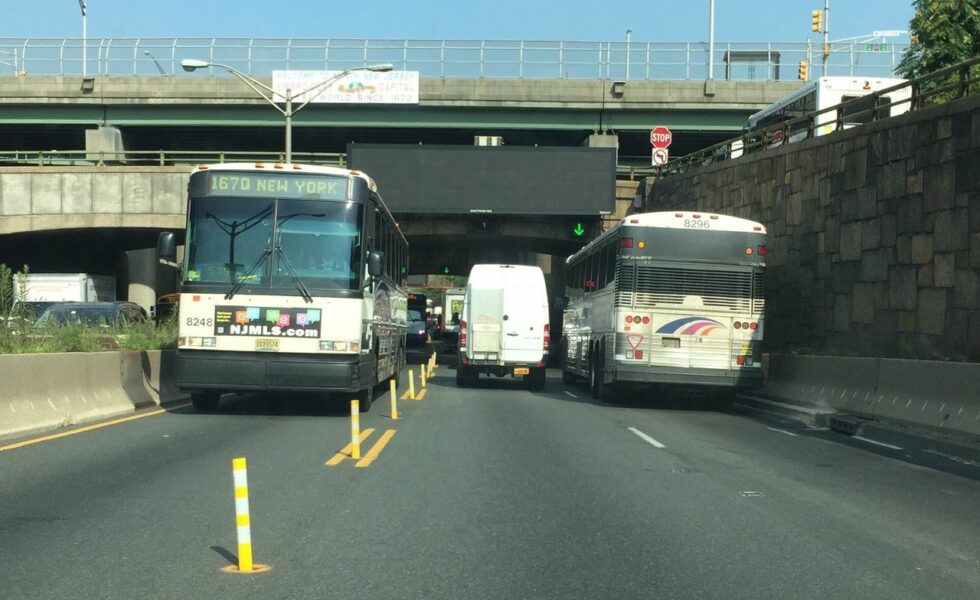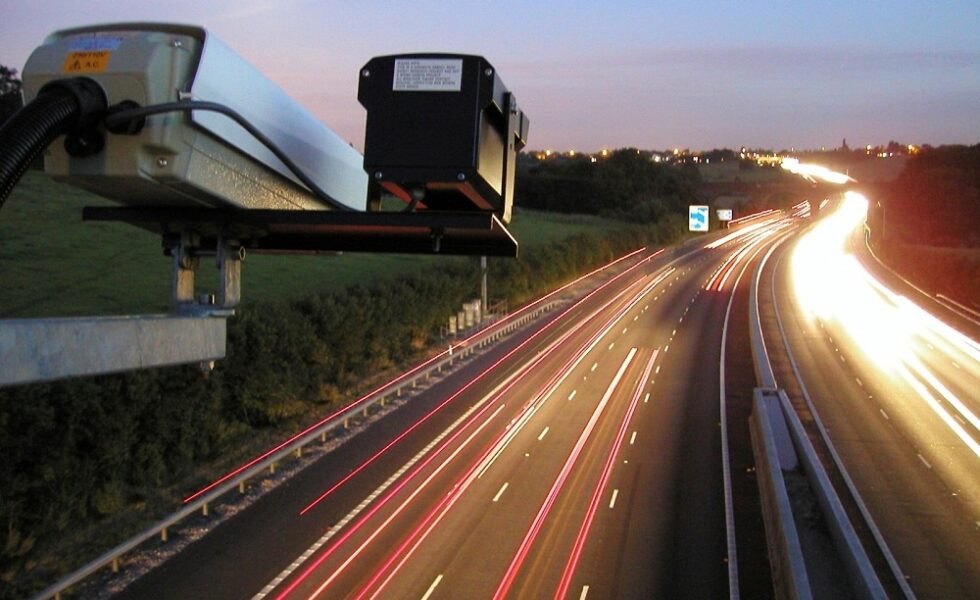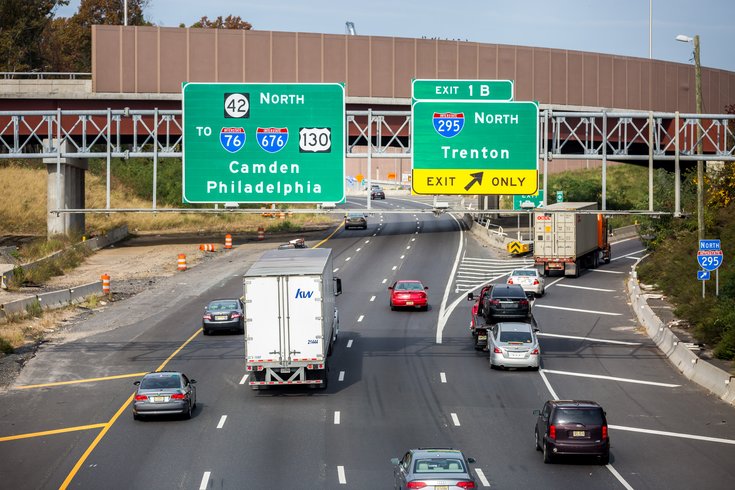Development of Level of Service Analysis Procedures and Performance Measurement Systems for Parking
This project aims to develop LOS analysis procedures that estimate or measure the average search time for selected types of parking facilities. Additionally, alternative evaluation methodologies for parking operations based on the IOT will be explored. The new smart cities approach to measure customer service is dubbed PMS to distinguish it from the LOS analysis procedure. Cities are interested in making better use of smart meter usage data.

